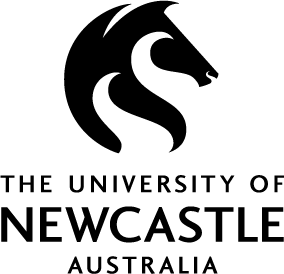This program is delivered through CIFAL Newcastle, a United Nations training centre with a focus on disaster resilience and sustainable development, which is hosted at the University of Newcastle. The United Nations has partnered with the University to develop the Master of Disaster Resilience and Sustainable Development. Students in this program develop the best practice knowledge and skills needed to implement the new UN Sustainable Development Goals and the Sendai framework for Disaster Risk Reduction.
The Master of Disaster Resilience and Sustainable Development equips people from diverse backgrounds to understand resilience and sustainable development principles, and systematically apply them to avoid disasters, operate through extreme events and emerge better placed to face the future.
Organisations around the world are realising that by championing sustainable development, they can not only save lives and revenue, but also achieve a competitive advantage and lead the way within their industry. They seek to become more resilient in the face of disasters by mitigating risks and reducing their impact. If your role involves identifying, mitigating and managing business, safety or environmental risks – or if you aspire to such a position – this program will place you at the forefront of your field
